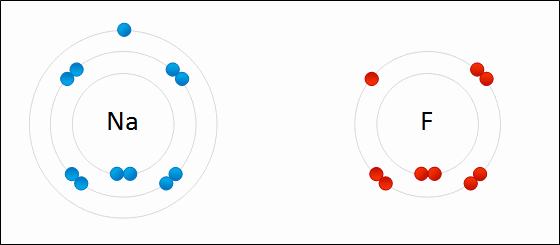
In chemistry, you study individual atoms because that helps you predict how that atom will behave with respect to other atoms.
For example, whether an atom's valence shell is one or two electrons short of completing a shell of eight electrons, or whether it has one or two electrons in its valence shell will tell you which kinds of atoms it will bond with.

In other words, the point of studying the individual atom is to understand how it will interact with other atoms.
You can also predict different kinds of chemical reactions between two molecules by understanding the natures of the individual atoms in those molecules. For example, metallic aluminum will detarnish silver (silver sulfide salt) because silver is more electronegative than aluminum, so the silver sulfide salt pulls electrons from the metallic aluminum, forming metallic silver. (I discovered this on my own by looking up a table of atomic electronegativities when I wanted to help my mother who was laborously using silver polish.)
So too in economics, with atomic (sic) or methodological individualism. Economists study the individual in order to understand how and why they will interact with other individuals.